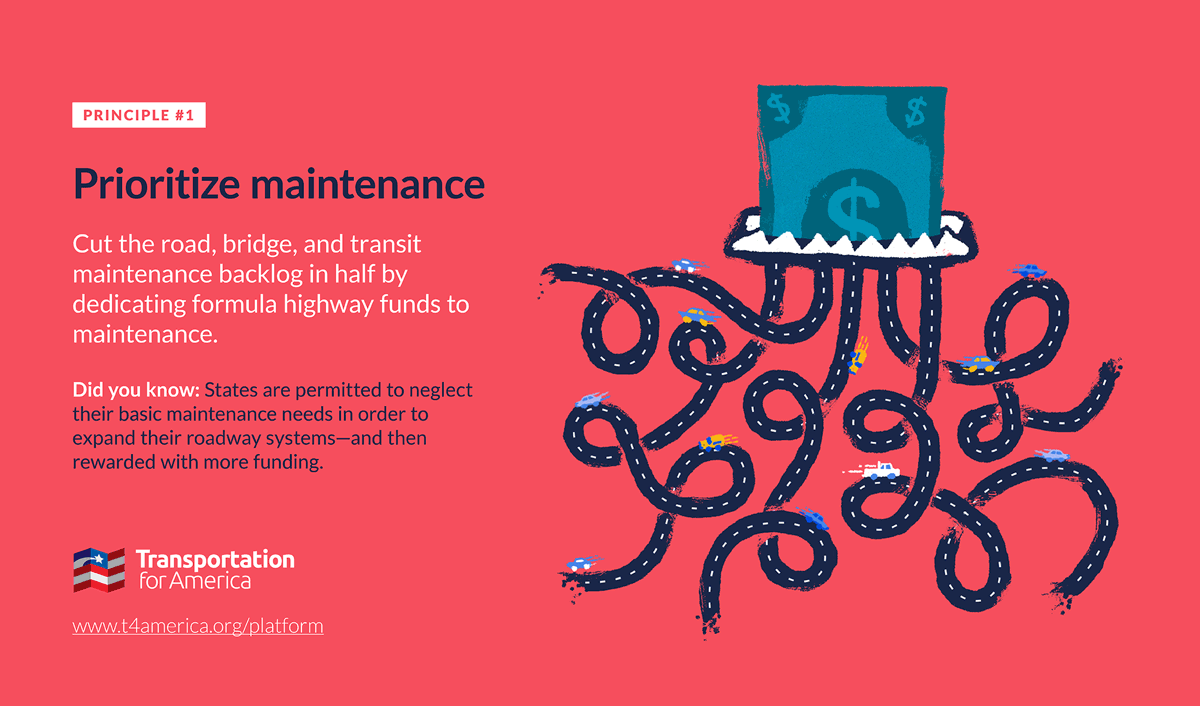Author Archive
Beyond the pump: Evaluating fresh approaches to transportation funding

Current state gasoline taxes aren’t enough to cover our transportation funding needs. Evaluating alternatives needs to involve taking five key principles into account. Read our policy evaluation framework, created by T4A Policy Associate Stephen Coleman Kenny with support from T4A Policy Director Benito Perez, NRDC Senior Transportation Advocate Zak Accuardi, and T4A Policy Intern Julia Camacho.
How does U.S. transit support compare to our peers?
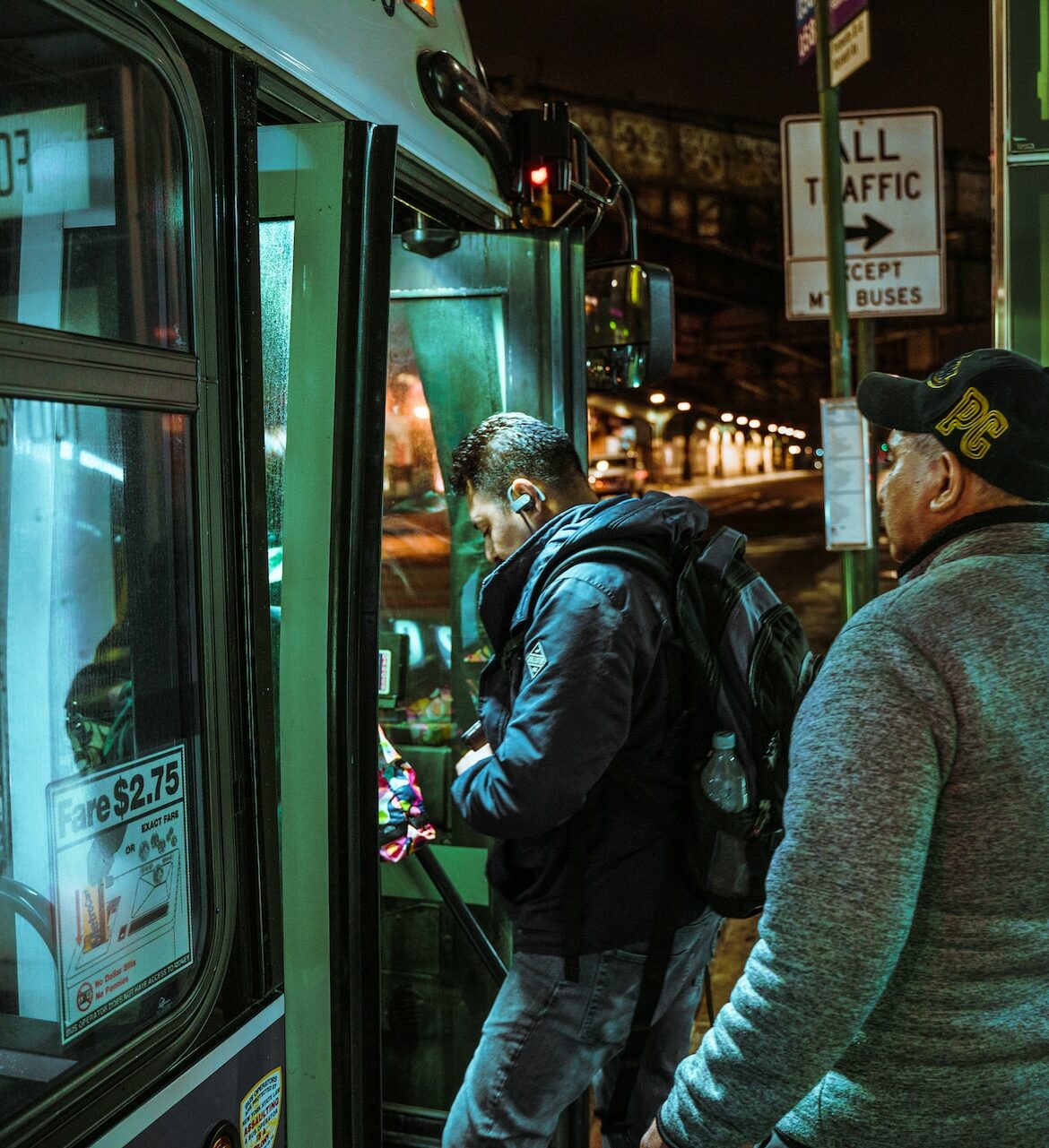
Our Transit Report Card analyzes how states compare on transit access and support. To understand how our figures match up in the context of other countries, we took a look at one of our peers: Australia.
California is hanging transit out to dry
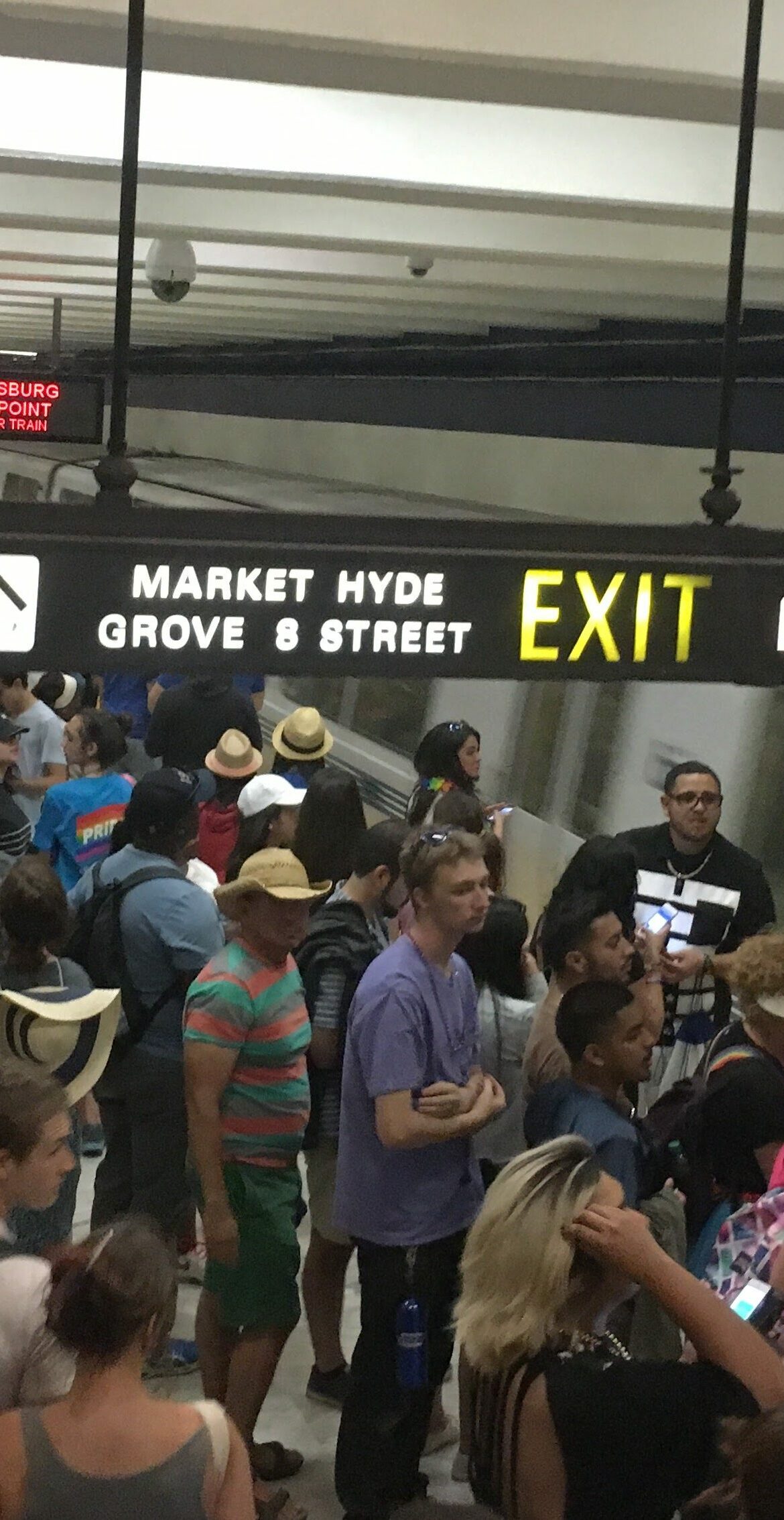
California’s transit agencies are bracing for a fiscal cliff, a real threat facing communities nationwide. If left unresolved, it could lead to drastically reduced service, cutting people off from jobs and services. But California’s legislature is preparing to vote on a budget that will do nothing to stop it.
How Minnesota set a national example in climate legislation
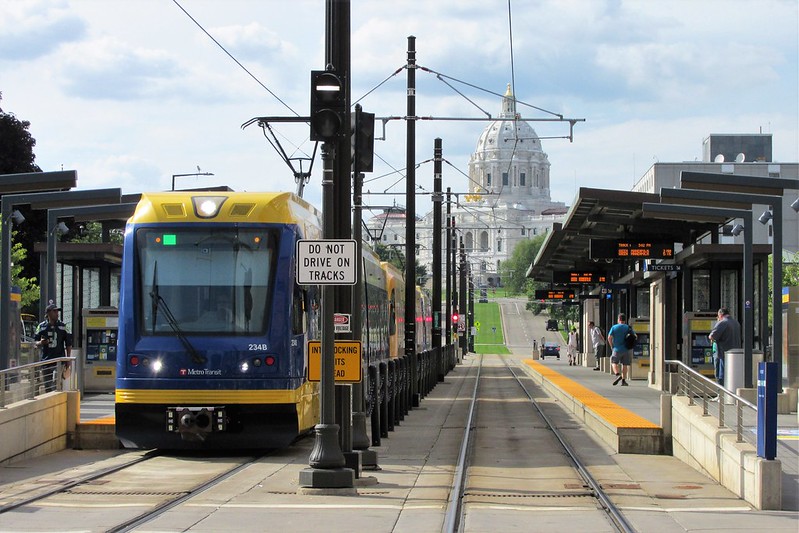
Minnesota made waves last week by passing a landmark transportation spending bill that will fund transit expansions and passenger rail service while reducing transportation emissions. The law, which was passed by razor-thin margin, serves as a blueprint for transformative transportation legislation.
How four mayors from the Deep South are leading the expansion of national passenger rail
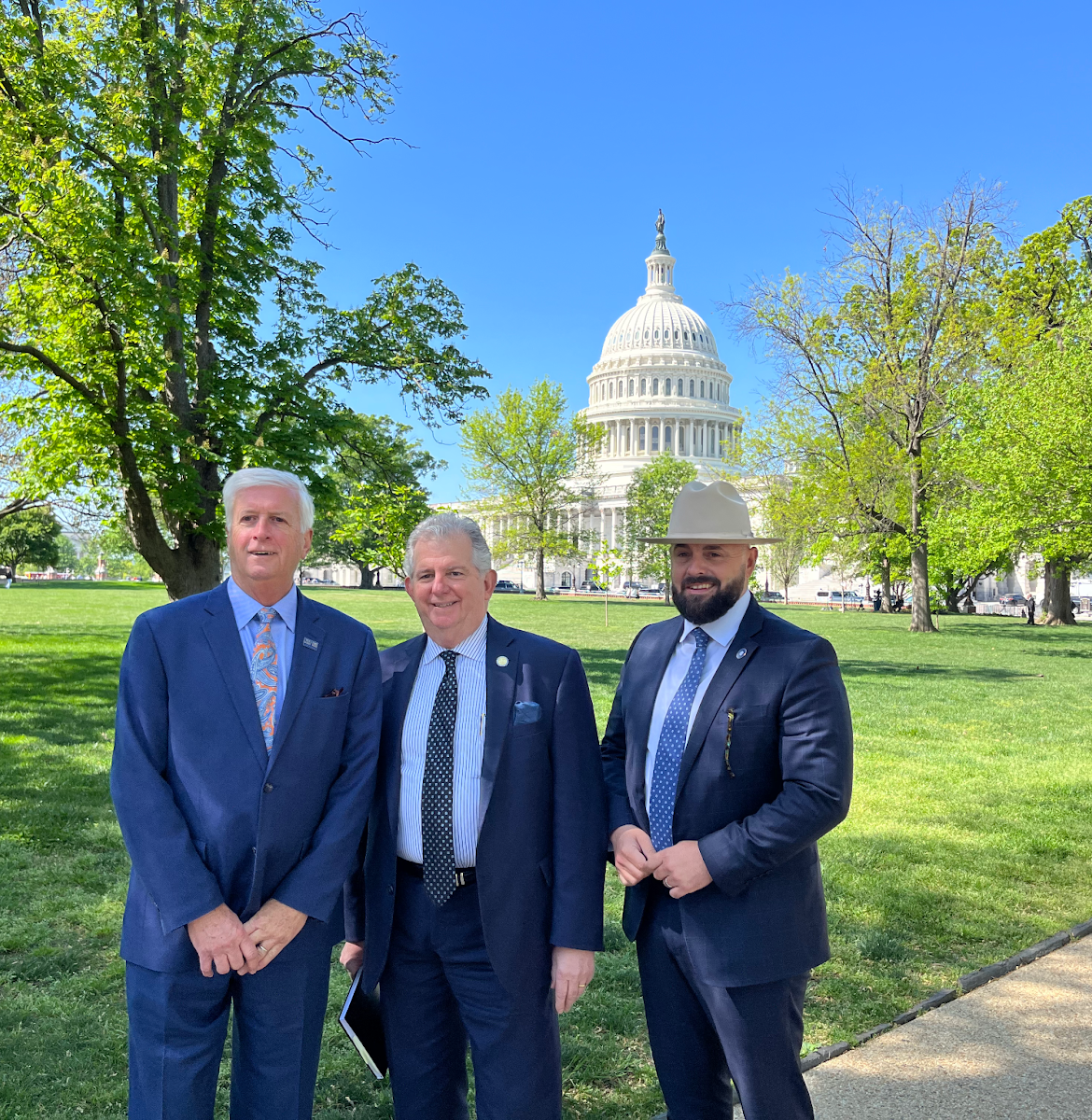
The mayors of Monroe, Ruston, and Shreveport, Louisiana, have joined forces with the mayor of Vicksburg, Mississippi to fight for new Amtrak service through their communities. This move has placed these four local officials at the center of the national conversation about expanding long-distance passenger rail service.
Is your state missing the bus? Evaluating state transit access and ridership
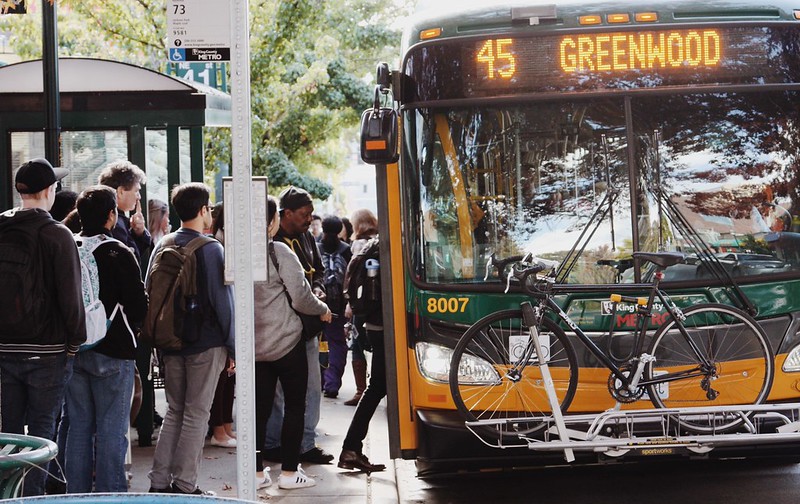
The state you live in plays a major role in the quality of transit near you. Back in February, we took a look at state financial support for transit. This post focuses on the results of those investments.
Senators call on President Biden to take national approach to passenger rail

Members of the Senate are stepping up to the plate to support passenger rail service across the country. Two sign-on letters from Senator Ted Cruz (R-Texas), the new ranking member of the Senate Committee on Commerce, Science, and Transportation, urge the administration and federal agencies to do right by the national network. Senator Roger Wicker […]
Tracking damaging divides in Gretna, LA
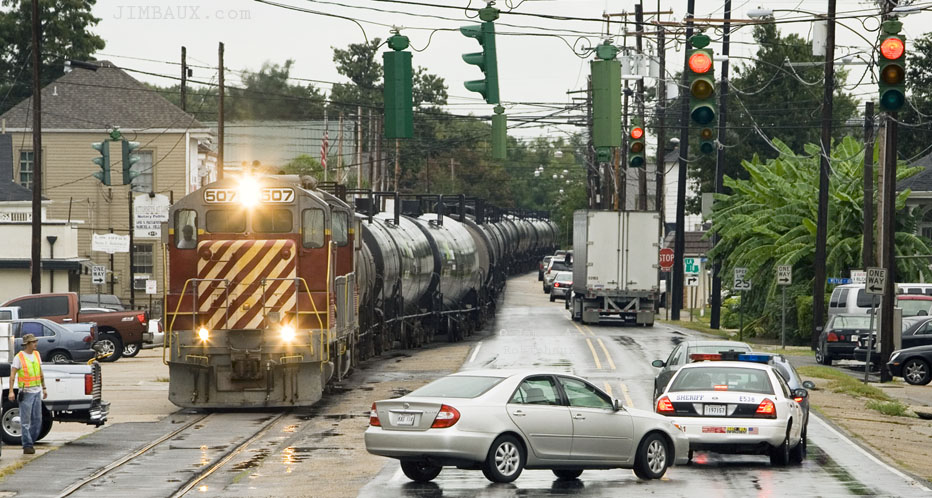
In a small southern city across the Mississippi River from New Orleans where daily freight trains run down the center of their main street, local elected leaders at all levels have negotiated with freight companies to relocate the incredibly disruptive freight line, but they’ll need federal support to make it happen.
Off the rails: A call for freight railroad reform
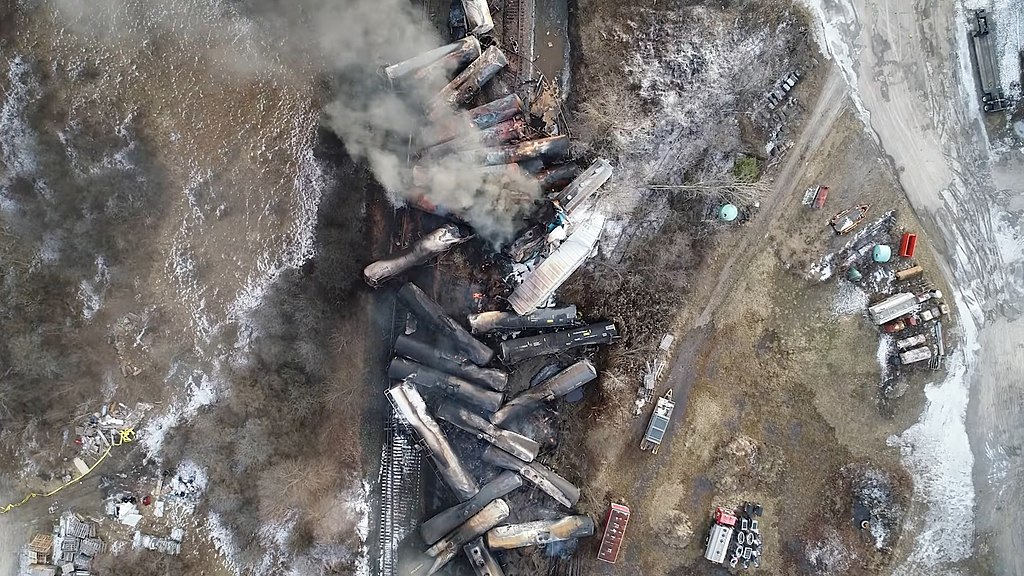
Between all seven Class I freight railroad companies, the U.S. saw over 1,000 derailments in 2022. Norfolk Southern (the company responsible for the derailment in East Palestine) had 119 by itself. Other railways had even more, like BNSF which derailed 279 times in 2022. Derailments are harmful to the supply chain at best and record-setting environmental disasters at worst. The systemic problems within the freight industry that have led to derailments also have the side-effect of delaying passenger rail service.
Follow the money: Where does your state stack up on supporting transit?
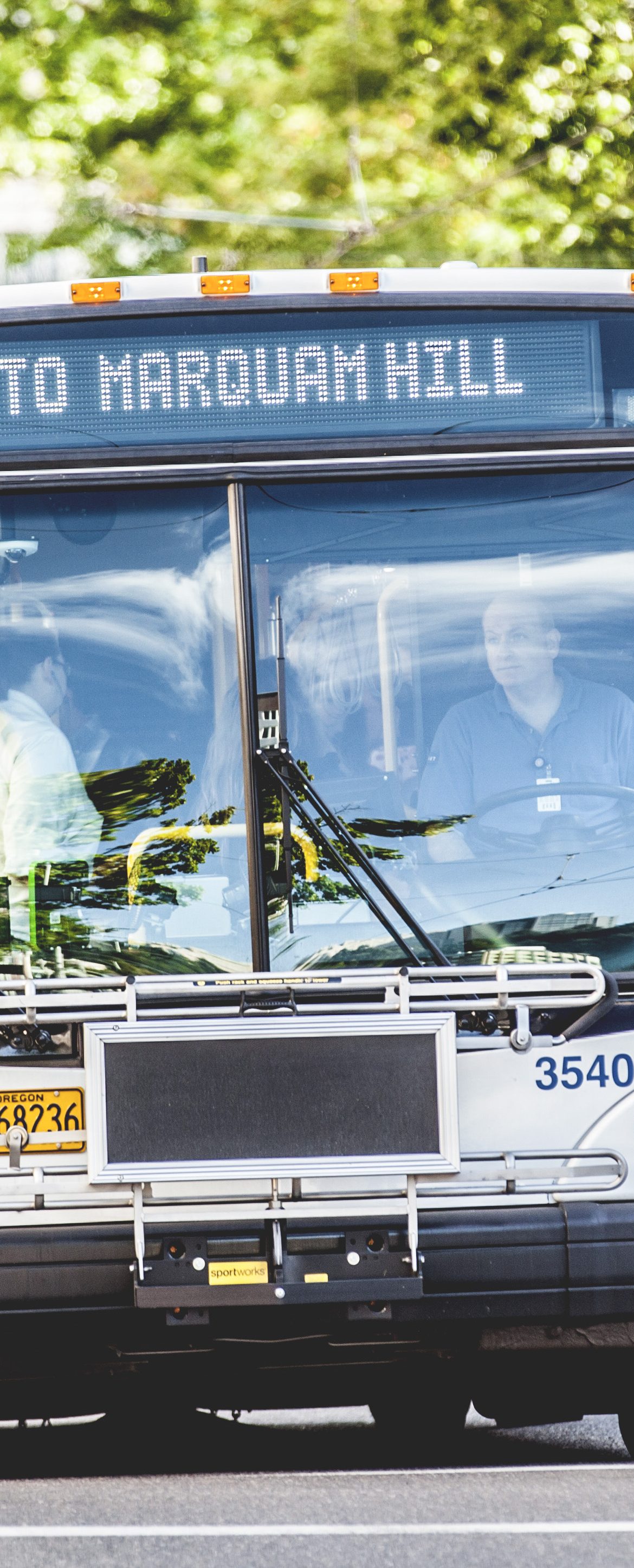
Even though transit service is a localized experience, the state you live in actually has a massive impact on your access to frequent, reliable transit. As with interstates, ports, or other vital parts of a state’s transportation network, state governments have a major role in supporting the planning, operations, and maintenance of public transportation service. But the financial commitment to transit varies widely from state to state.
Once-in-a-generation opportunities in passenger rail—but the time to act is now
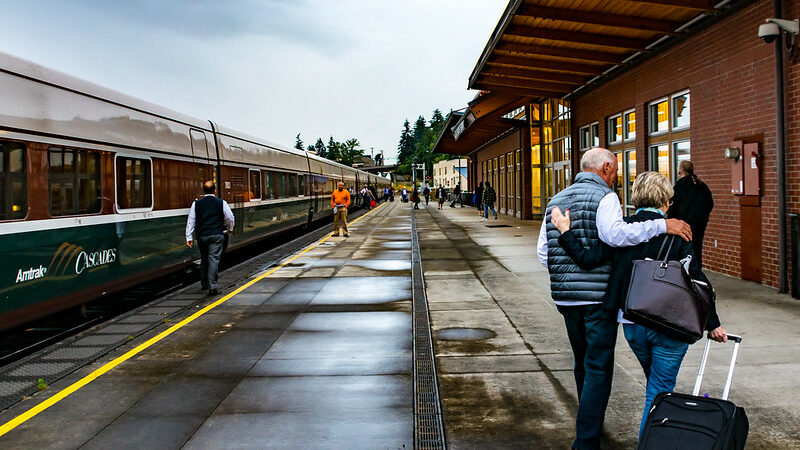
T4America works with partners all over the country to develop passenger rail service, and we’re telling them all the same thing: now is the time to act. We’ve never seen this amount of support for passenger rail from Congress and the Federal Railroad Administration, and federal funding is there. But there’s a procedure—with deadlines—to follow. Here’s how to take advantage in the year ahead.
How DC’s local transportation trends emerged within TransportationCamp DC
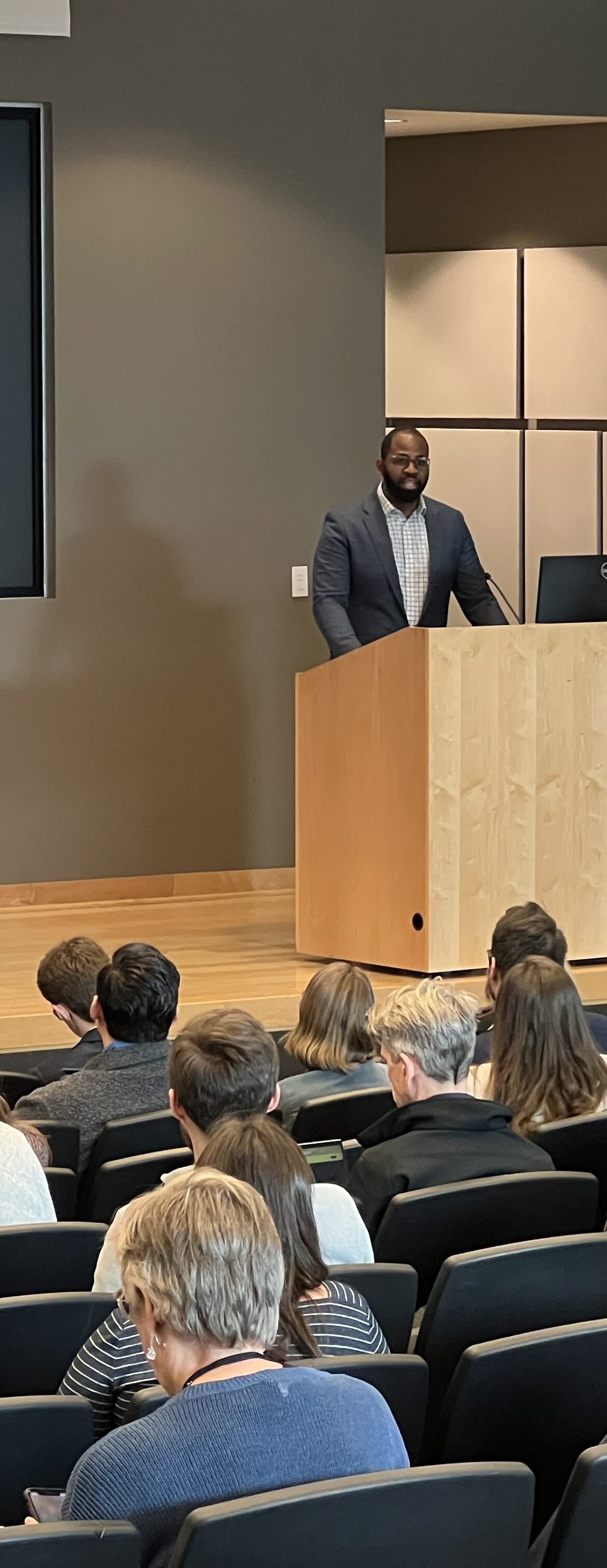
Last Saturday, we hosted more than 300 people for TransportationCamp DC at George Mason University’s Arlington campus. This “unconference” lends attendees the mic to discuss their transportation passions, ideas, and concerns with other advocates and experts. TCamps are also products of their local context, so here’s a quick glance at some of the issues that emerged—through that specific local lens.
The long fight for connectivity in Milwaukee
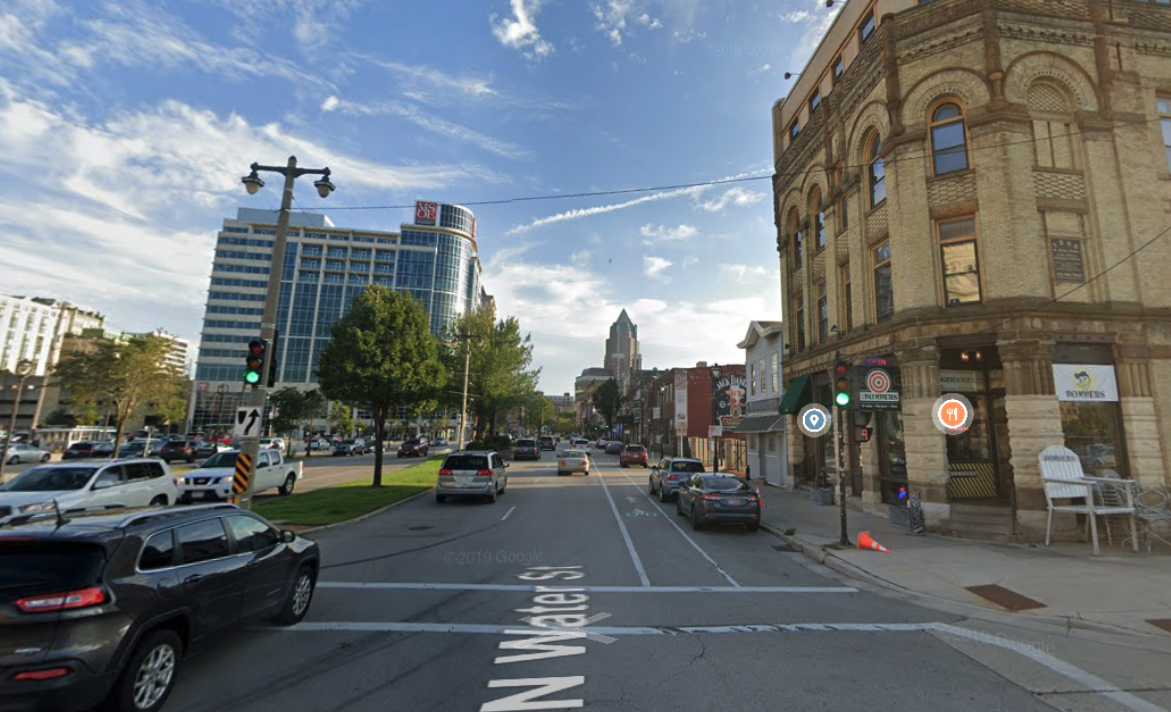
Successfully halting construction on the Park East Freeway in Milwaukee in 1977 was a major early win for advocates. But removing highways is more complicated. Milwaukee confronted that problem in the late 1990s and early 2000s when they attempted to remove the portion that had been built—a story which can serve as a model for other highway removal efforts.
Hybrid TransportationCamp DC, explained
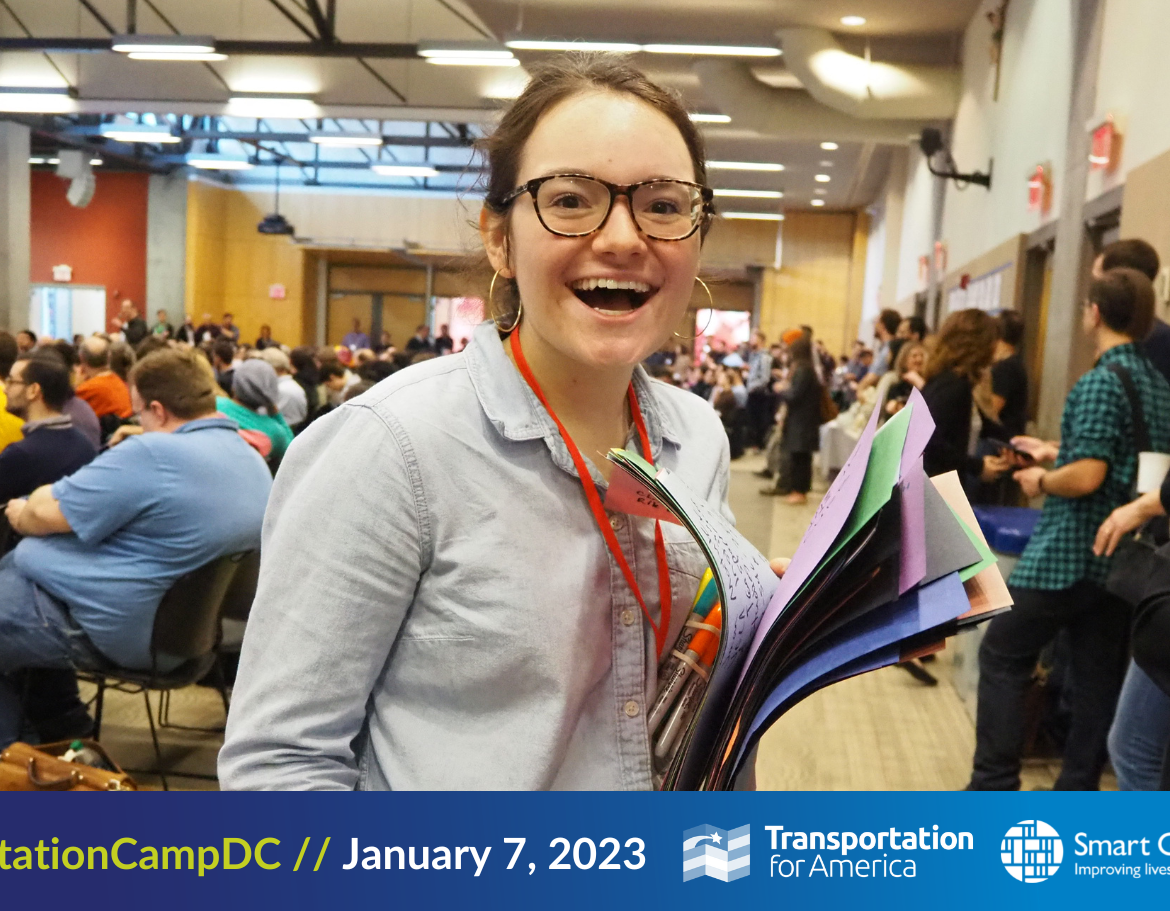
TransportationCamp DC 2023 is quickly approaching, and we’re excited to see what you all have to bring to the table. TransportationCamp is an “unconference,” which means that you, the participants, will determine the agenda by proposing and leading sessions. This year, we’re doing things a little bit differently with a hybrid format that uses virtual and in-person sessions.
Eliminating driver error doesn’t work. What does? Part II: Designing solutions
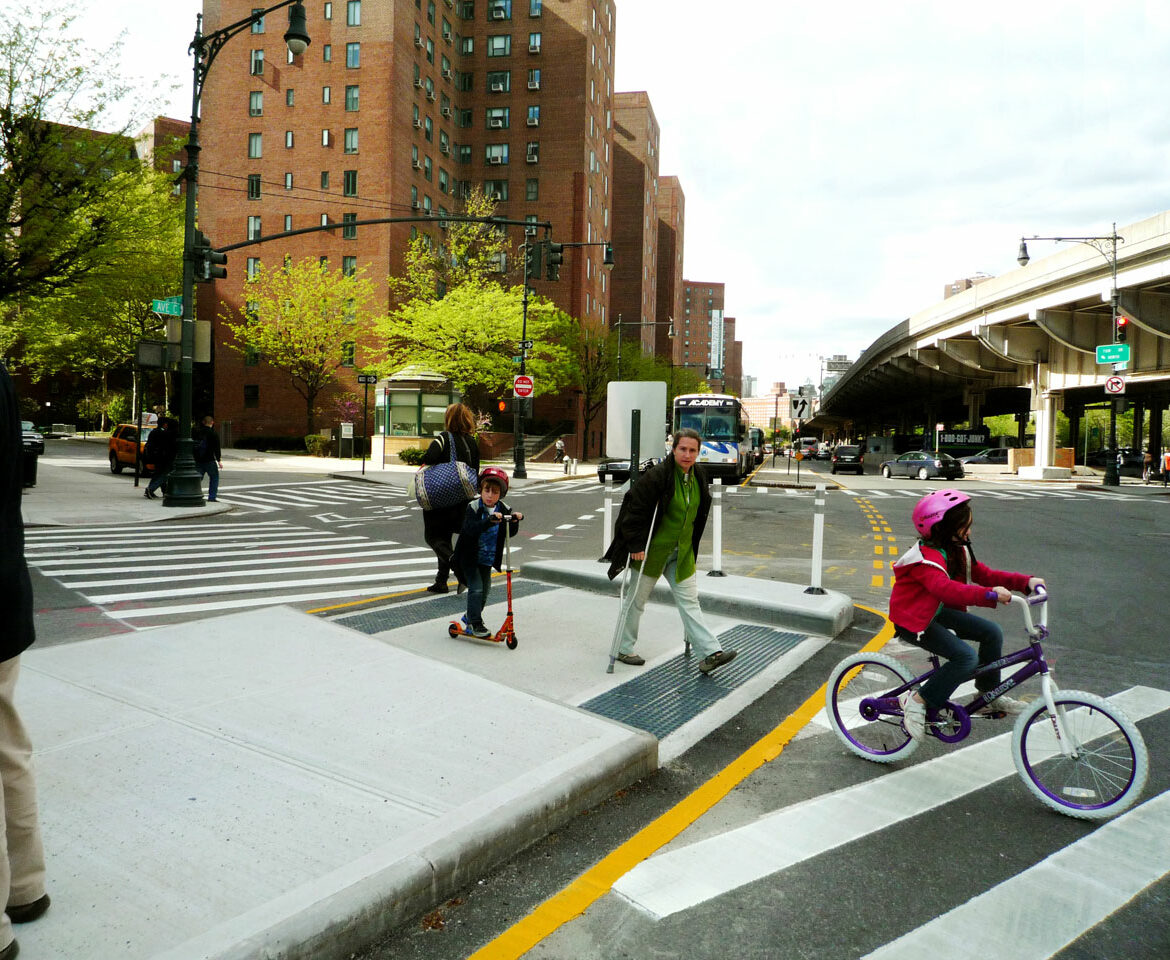
Design-based solutions, which accept and plan for human mistakes, can avoid the pitfalls of behavioral solutions. A recent report from New York City’s Department of Transportation sheds some light on which of those solutions work best—and for whom.
Eliminating driver error doesn’t work. What does? Part I
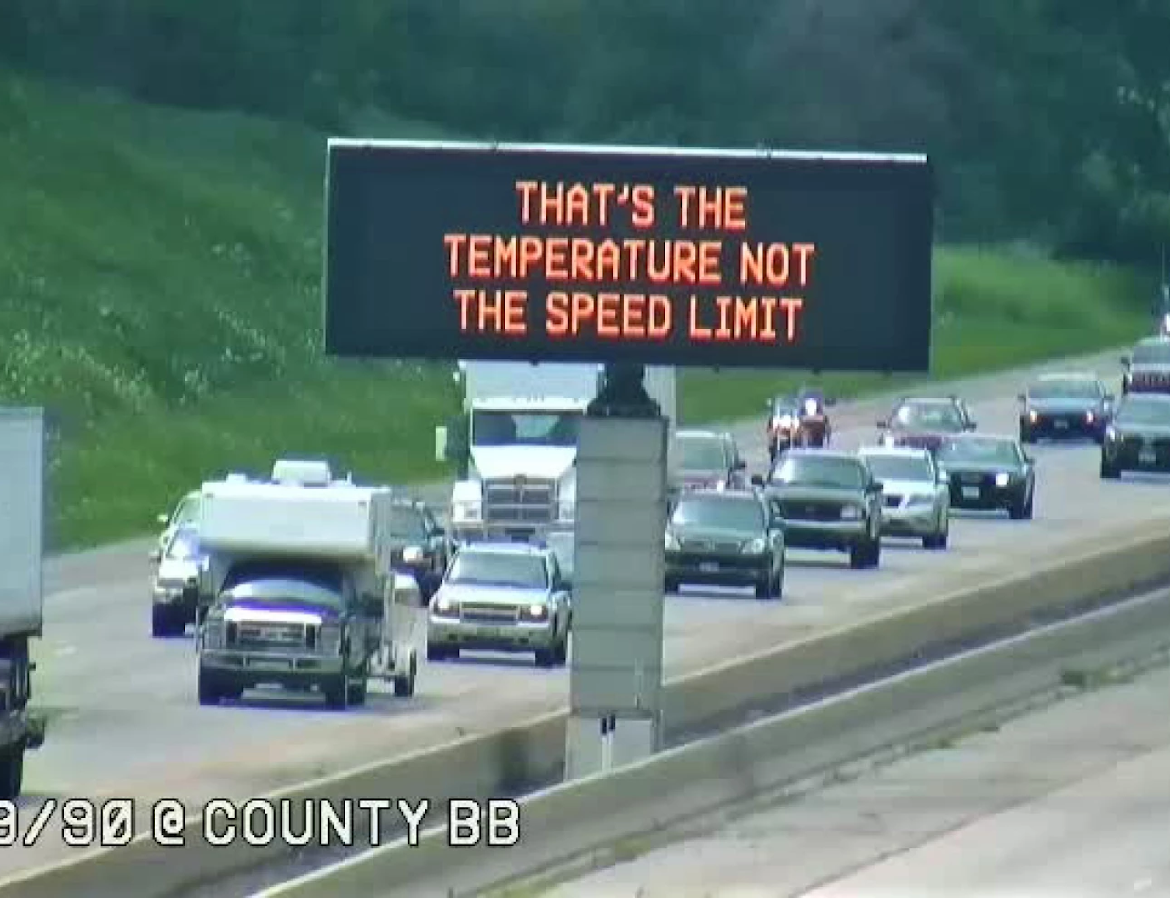
Billions of dollars in new federal highway funding are flowing into road safety programs, so we wanted to review the research on which interventions can save lives on America’s roads—and which are failing to do so. All the available data tell us one thing clearly: strategies that fail to accept human error and reduce speeds also fail to reduce road casualties.
Recruiting and retaining the best: Transit workforce best practices
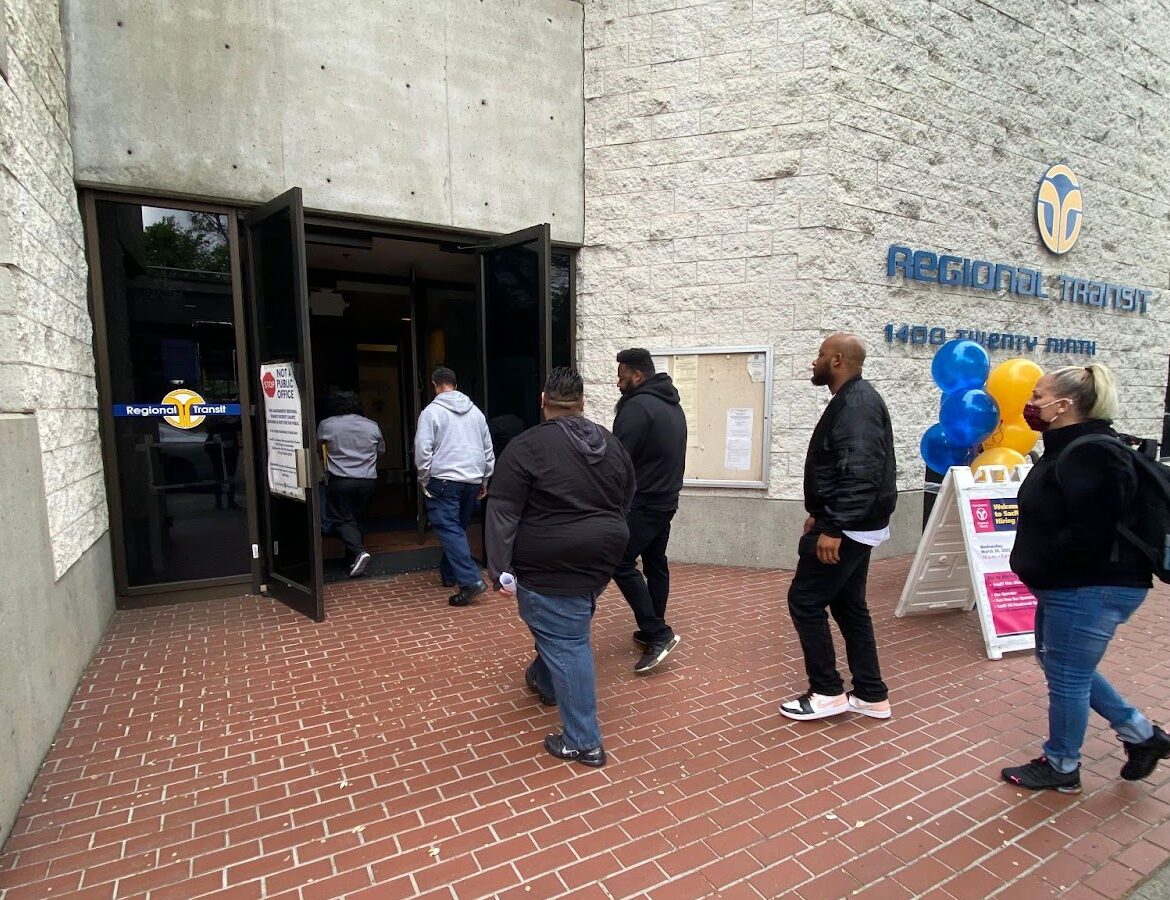
Transit agencies now have the federal funding needed to develop a world-class transit workforce, but pulling it off is another question. We’ve compiled strategies for success from agencies that have implemented real solutions to empower their operator and maintenance workforce.
Reconnecting Communities: Initiating restorative transportation justice
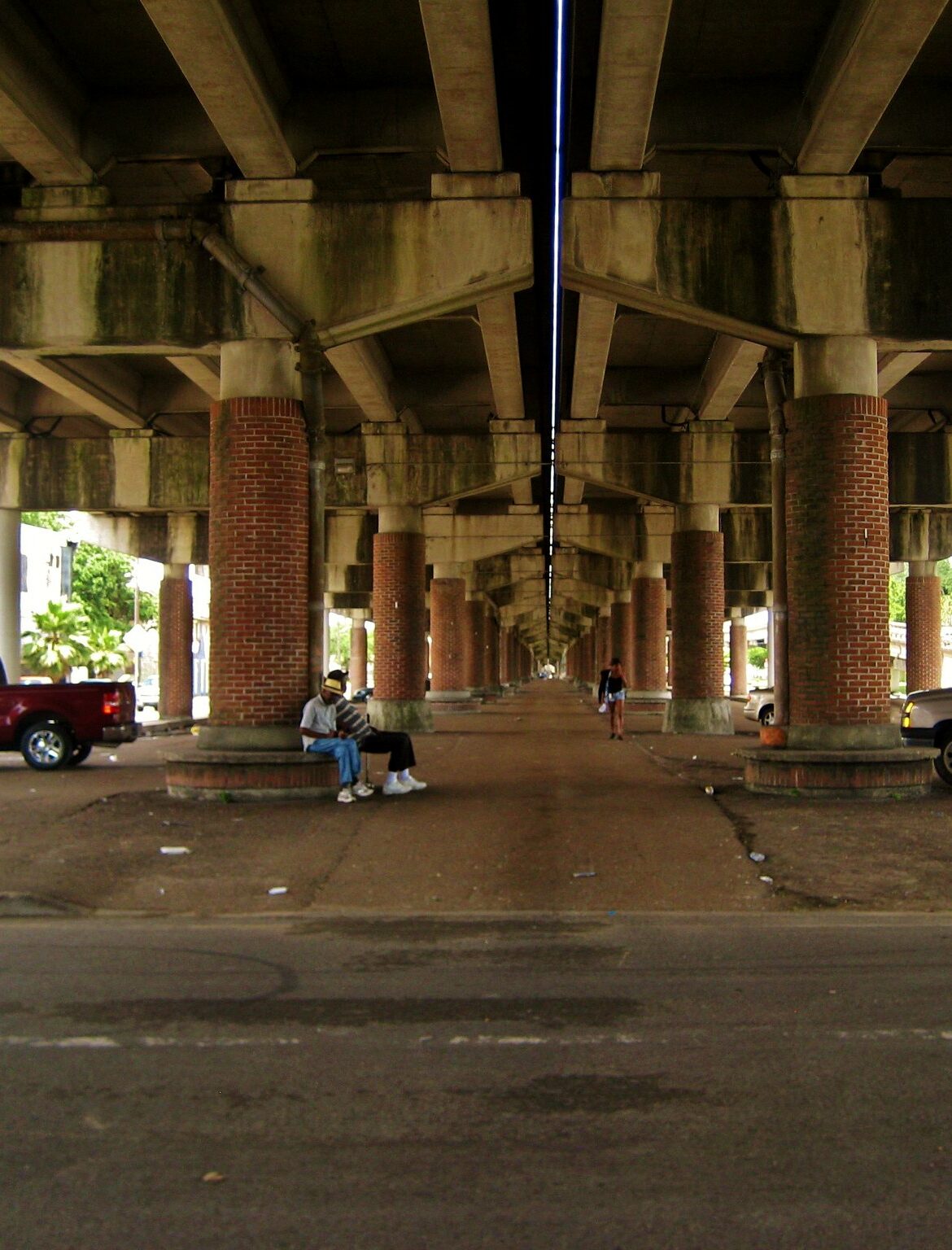
Much of the work of smart transportation focuses on playing defense against divisive infrastructure projects that would make travel more difficult for drivers and nondrivers alike. Now, communities and advocates have a small but real opportunity to go on offense and remove or mitigate harmful stretches of transportation infrastructure.
The STB is finally acting to improve freight railroads. Will it be enough?
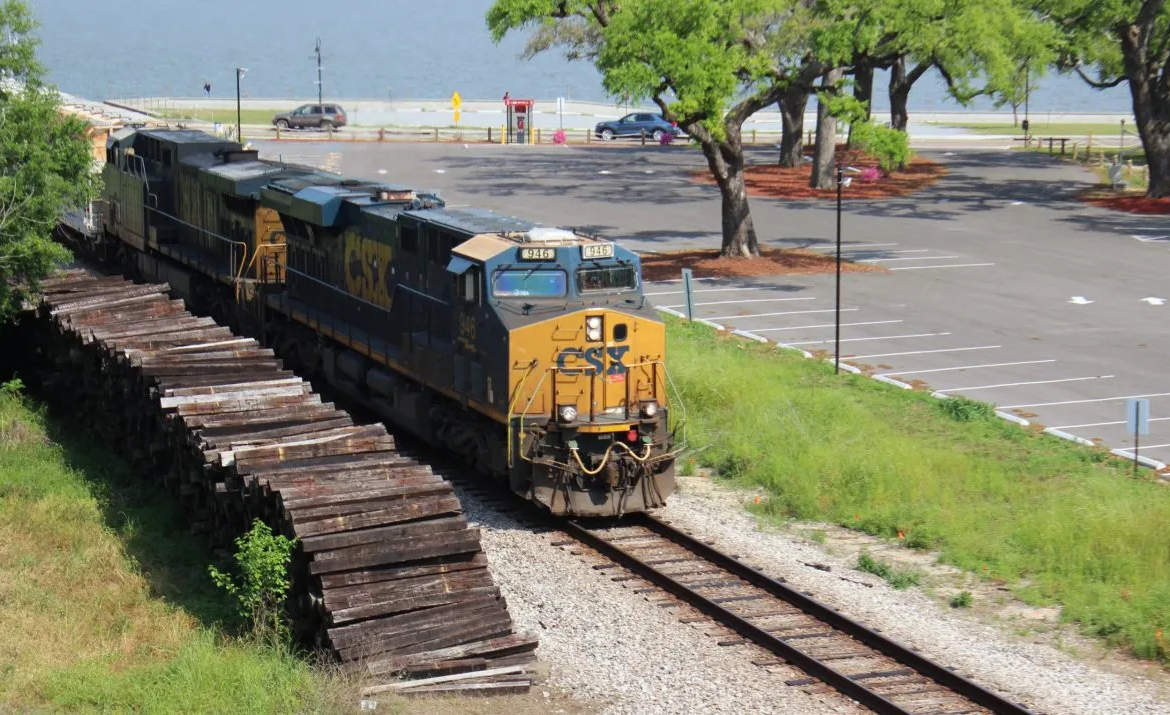
After years of looking the other way while deliveries suffered, the Surface Transportation Board finally ruled that freight railroads have to improve their service. Here’s what it could mean for goods and travelers alike.
The infrastructure law is not climate legislation, but states could make it green
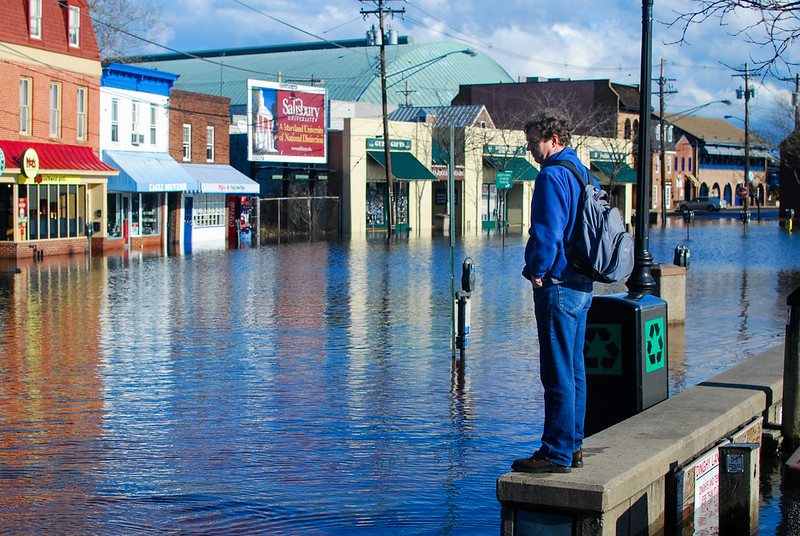
Though distinctly not serious about fighting climate change, the Infrastructure Investment and Jobs Act (IIJA, the infrastructure law) can still help lead to some decent climate outcomes if states and metro areas make the choice to prioritize doing so with their flexible funding.





